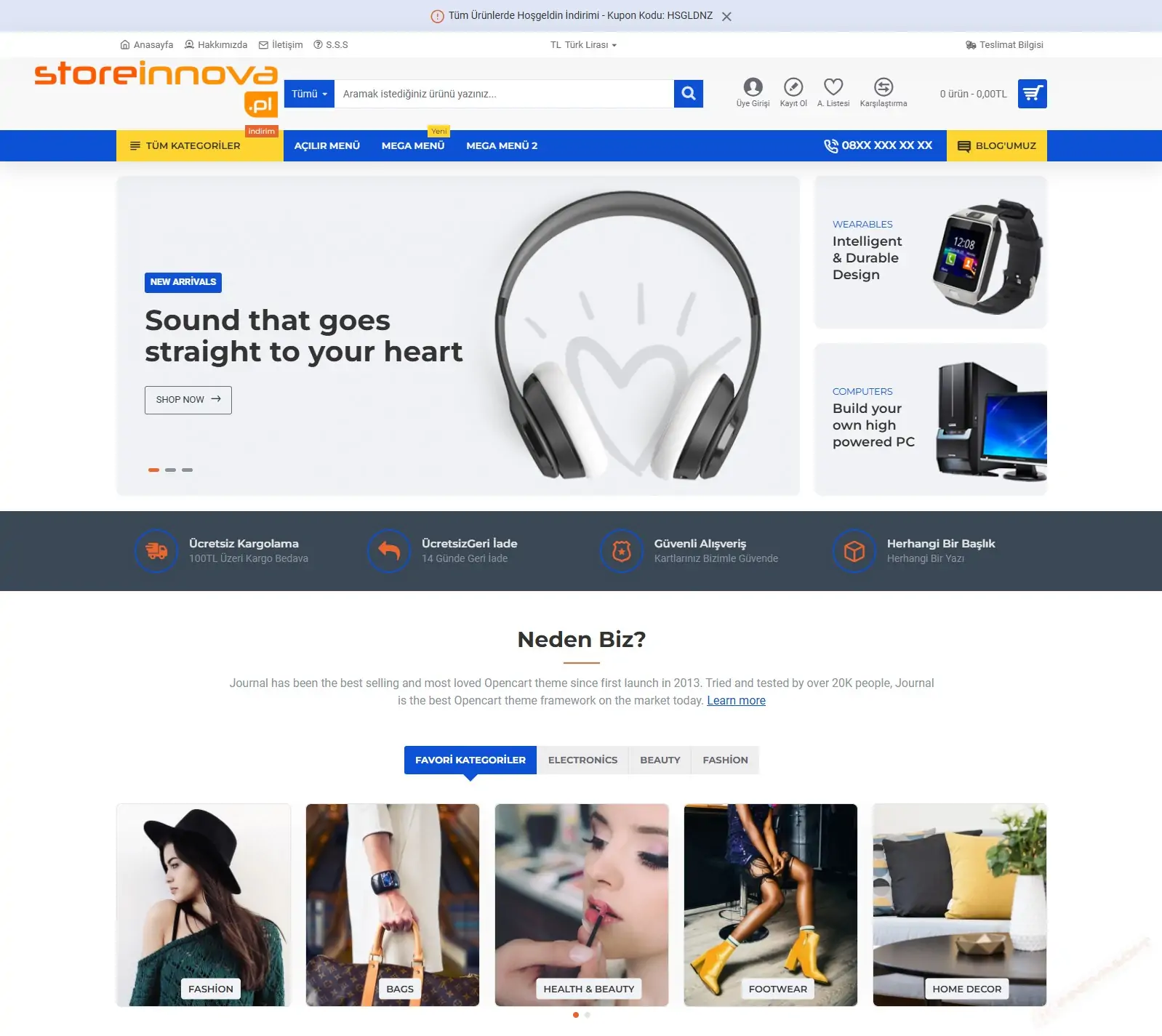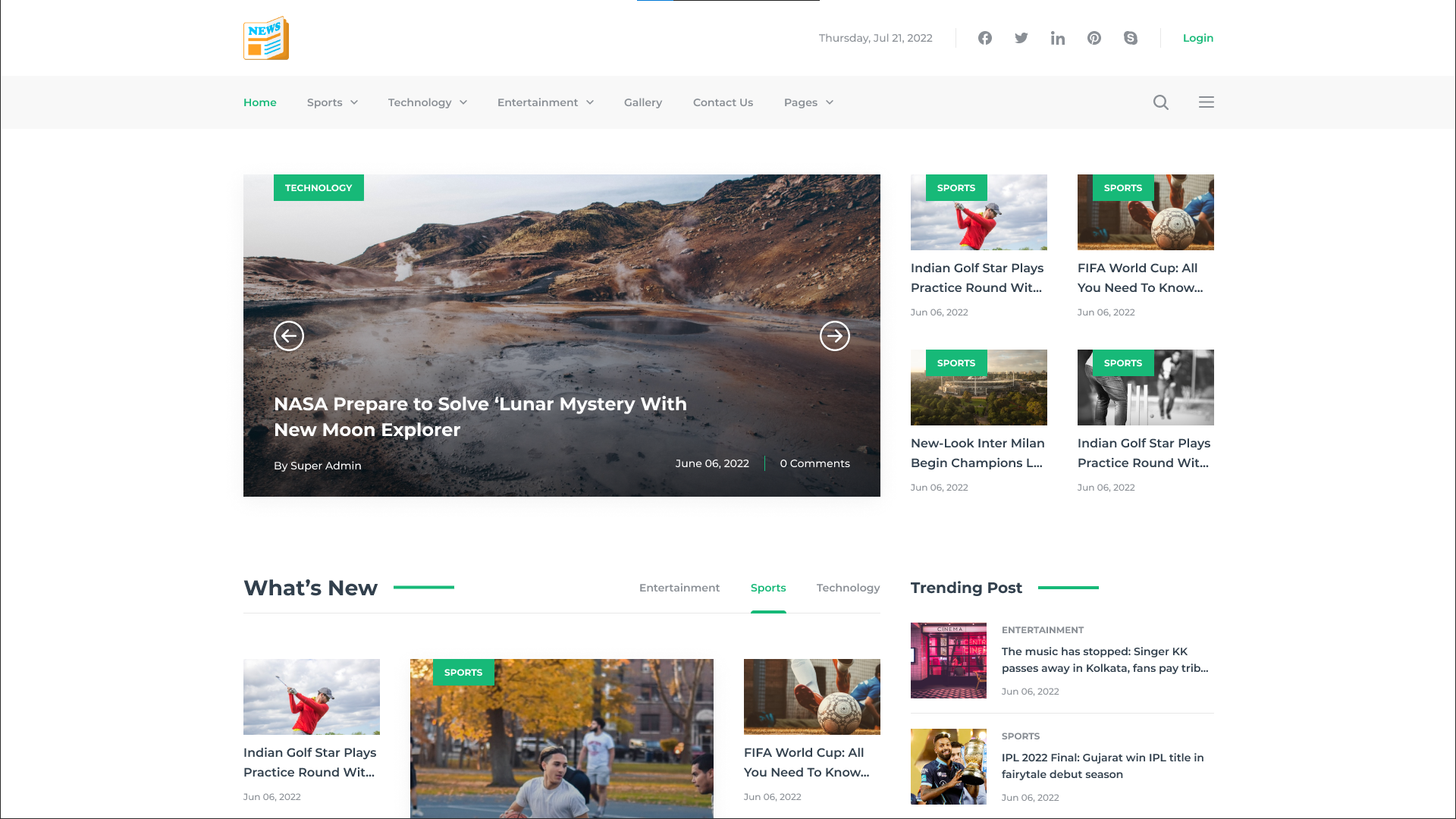With WaveBL, Lloyds Bank is embracing the paperless future of global trade.
By utilizing electronic Bills of Lading (eBLs) and doing away with paper forms, Lloyds Bank has become the first bank in the United Kingdom to sign up for the WaveBL electronic trade documentation platform. The bank hopes this move will help its clients benefit from increased trade efficiencies as well as sustainability.
When a seller ships products to a final consumer, a carrier issues bills of lading, which are crucial documents in international trade. The document serves as a kind of shipping receipt. The Bill of Lading is given to the customer upon receipt of payment for the goods, enabling them to claim the item when it arrives.
Currently, paper Bills of Lading make up the great majority of them. Clients of Lloyds Bank will now be able to safely move entirely digital, blockchain-based eBLs between businesses on the WaveBL network—which has members in 136 nations, including four of the top ten container shipping companies in the world—thanks to this new collaboration.
Because of the method, electronic blank licenses (eBLs) can be transferred between parties in minutes as opposed to days for physical copies. By doing away with the requirement for paper goods and a physical document transfer procedure, it will also lessen the environmental impact of Bills of Lading and minimize the danger of fraud, loss, and theft of paper copies.
The collaboration with WaveBL is a continuation of Lloyds Bank's commitment to pushing trade digitalization through innovation, and it follows the bank's October 2023 signing of the electronic Bills of Lading (eBLs) declaration from the Future of International Trade (FIT) Alliance.
Accepting commerce without paper
"Paperless trade is the future, with tremendous benefits on offer in terms of economic growth, increased efficiency, reduced risk, and environmental sustainability," stated Rogier van Lammeren, head of trade and working capital solutions at Lloyds Bank.
"Two of the most important elements that will encourage and propel increased adoption are cooperation and creativity. The recent collaboration with WaveBL serves as an illustration of both. In addition to our current range of digital trade documentation solutions, our clients can now easily access a worldwide platform for eBLs, which helps them take advantage of possibilities in a secure and timely manner while lessening their environmental effect.
The International Federation of Freight Forwarders Associations (FIATA), the International Chamber of Commerce (ICC), Swift, the Digital Container Shipping Association (DCSA), and the Baltic and International Maritime Council (BIMCO) formed the FIT Alliance with the goal of increasing awareness and quickening the adoption of an electronic bill of lading (eBL) based on standards in all facets of the shipping industry.
With a target of achieving 100% global adoption of eBLs by 2030, the declaration expresses support for the objective of accelerating digitalization in international trade.
Lloyds Bank launching an effort in digital trade finance
The collaboration with WaveBL is the most recent of Lloyds Bank's attempts for digital trade finance.
The UK's Electronic Trade Documents Act (ETDA), a groundbreaking piece of legislation that grants electronic bills of exchange, bills of lading, and other business documents the same legal standing as paper documents, saw its first transaction executed by Lloyds Bank in September 2023.
Using a contractual law that predates the ETDA, Lloyds Bank also conducted the first digital promissory note acquisition in the UK in 2022 as part of the International Trade and Forfaiting Association's (ITFA) Digital Negotiable Instrument Initiative. A day was all it took to start and finish the "pilot" deal, which comprised many UK corporations buying and selling £48 million worth of land.
Comments 0
Most Read
Recommended Post
Korea del Norte ataca las potencias ecnológicas
AI-Powered Social Engineering: Reinvented Threats


















.png)





Leave a Comment